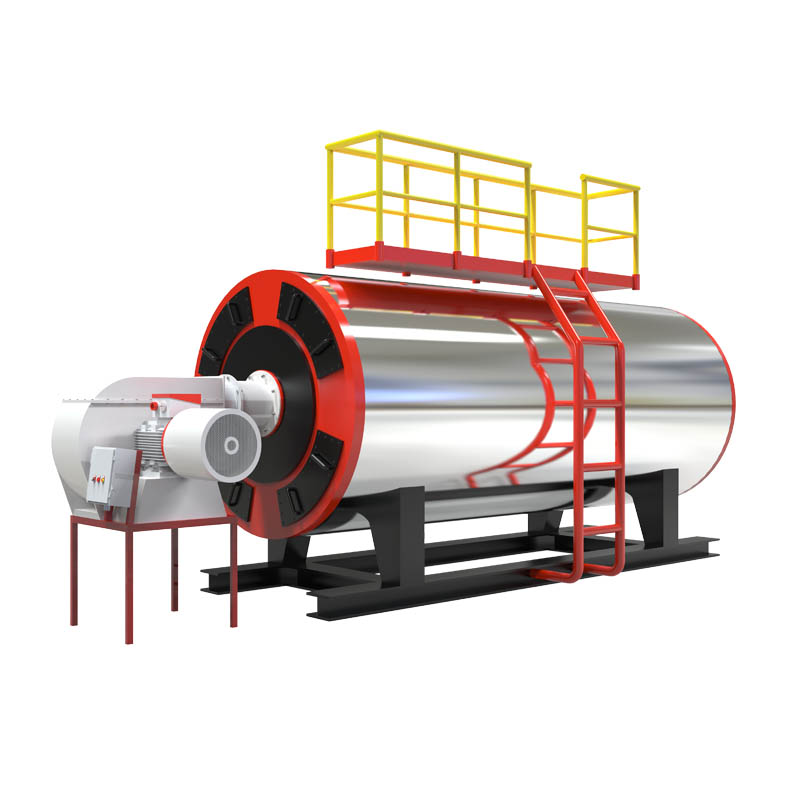
Nov . 09, 2024 22:50 Back to list
Optimal Boiler Temperature Settings for Efficient Hot Water Heating
Understanding Boiler Temperature Settings for Hot Water
Boilers play a crucial role in residential and commercial heating systems, delivering hot water for various needs ranging from space heating to domestic hot water supply. One of the key factors in boiler operation is the temperature setting, particularly when it comes to hot water generation. In this article, we will explore the importance of boiler temperature for hot water, how to set it correctly, and the potential implications of improper temperature settings.
What is Boiler Temperature?
Boiler temperature refers to the heat level maintained within the boiler to produce hot water or steam. This temperature is typically measured in degrees Fahrenheit or Celsius and can vary based on the type of boiler and its intended use. For domestic hot water systems, optimal boiler temperatures generally range between 140°F to 160°F (60°C to 71°C). On the other hand, heating systems often require higher temperatures to effectively circulate heat throughout a building.
Importance of Setting the Right Temperature
1. Efficiency The efficiency of a boiler can greatly depend on the temperature settings. If the temperature is set too high, it can lead to higher energy consumption and increased utility bills. Conversely, if the temperature is set too low, the boiler may struggle to meet demand, especially during peak usage times.
2. Safety Maintaining an appropriate boiler temperature is essential for safety. Water that is too hot can lead to scalding injuries, particularly in households with children or elderly individuals. Setting a safe temperature can minimize the risk of burns while still providing sufficient hot water.
3. Prevention of Bacterial Growth Another critical aspect of boiler temperature settings is the risk of bacterial growth, particularly Legionella bacteria, which can thrive in stagnant water at lower temperatures. To prevent this, it’s often recommended to keep the hot water temperature at or above 140°F (60°C). This temperature inhibits bacterial growth and ensures the safe delivery of hot water.
boiler temp for hot water

4. System Longevity A well-maintained boiler operates efficiently and has a longer lifespan. Correct temperature settings reduce wear and tear on mechanical components, decreasing the likelihood of breakdowns and costly repairs.
How to Adjust Boiler Temperature
1. Locate the Thermostat Most modern boilers come equipped with a thermostat or control panel that allows users to set and adjust the temperature easily. Familiarizing yourself with the control system is the first step in managing your boiler’s temperature.
2. Evaluate Usage Needs Determine your household’s hot water demands. Consider factors such as the number of occupants, appliances that require hot water, and peak usage times. This evaluation will guide you in setting an appropriate temperature.
3. Make Adjustments Using the control panel, adjust the temperature to meet your needs. For most residential settings, a setting between 120°F to 140°F (49°C to 60°C) is often adequate for day-to-day use, ensuring safety and efficiency.
4. Regular Maintenance After setting the temperature, it’s vital to conduct regular boiler maintenance. This includes checking for leaks, ensuring thermostat accuracy, and flushing the system periodically to remove sediment buildup, which can affect performance.
Conclusion
In conclusion, understanding and managing boiler temperature settings for hot water is essential for optimizing efficiency, ensuring safety, and enhancing the lifespan of the boiler. Regular evaluation and adjustments based on changing needs not only allow for effective hot water delivery but also contribute to cost savings and system reliability. By taking the time to set the boiler temperature appropriately, homeowners can enjoy the benefits of a well-functioning heating system while minimizing risks and reducing energy consumption. Always consult with a professional if you are unsure about making adjustments or if your boiler requires maintenance, as expert guidance will ensure optimal operation.
-
Oil Fired Hot Water Boilers Sale - High Efficiency & Affordable
NewsJul.31,2025
-
High-Efficiency Commercial Oil Fired Steam Boiler for Industry
NewsJul.30,2025
-
High-Efficiency Biomass Fired Thermal Oil Boiler Solutions
NewsJul.30,2025
-
High Efficiency Gas Fired Thermal Oil Boiler for Industrial Heating
NewsJul.29,2025
-
High-Efficiency Gas Fired Hot Water Boiler for Sale – Reliable & Affordable
NewsJul.29,2025
-
High Efficiency Biomass Fired Hot Water Boiler for Industrial and Commercial Use
NewsJul.29,2025
Related PRODUCTS






















